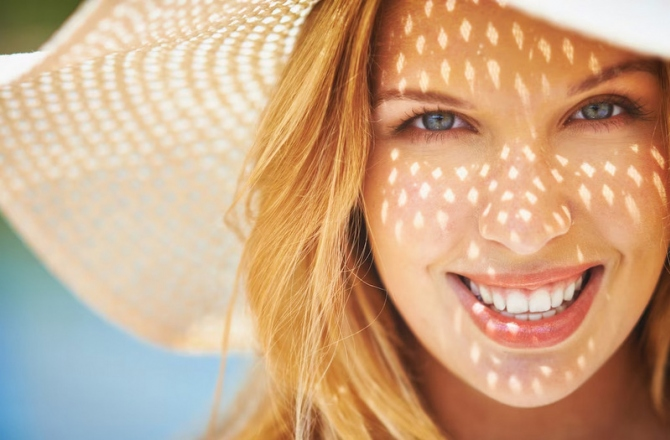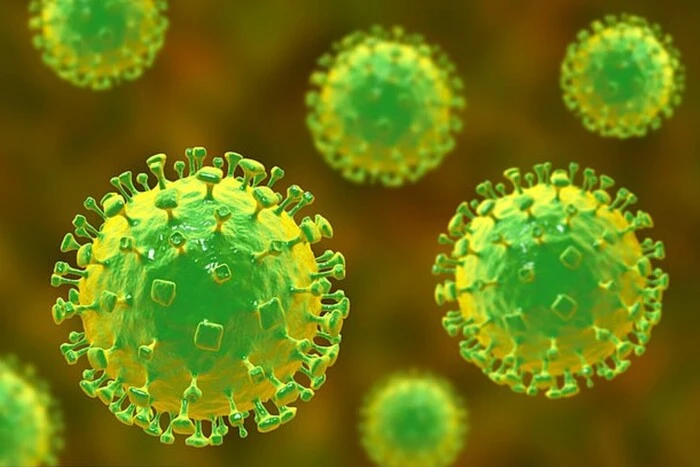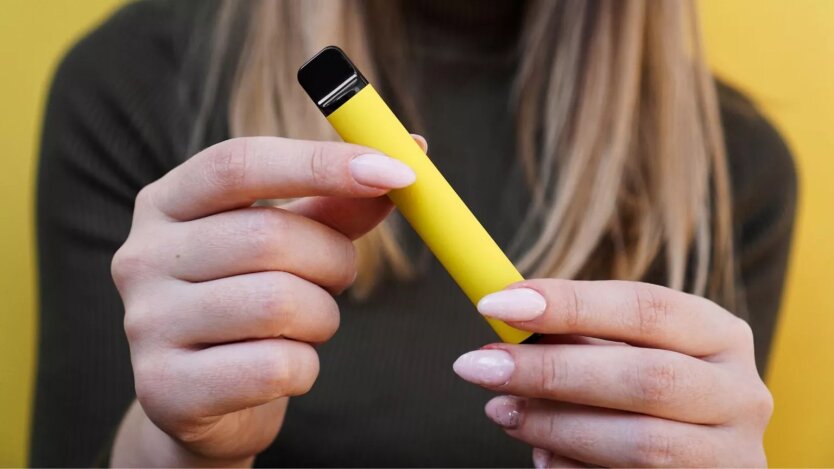How to Protect Your Skin from the Sun and Ultraviolet Rays.


With the onset of warm weather, a new problem arises, as the sun can be relentless at times. Therefore, the question of how to protect facial skin from the sun will always be relevant.
When choosing a means to protect the skin from tanning, it is important to pay attention to sunscreen or lotion. There are also folk remedies on how to protect the skin from ultraviolet radiation without chemicals. All these methods are suitable as an option on how to protect the face from the sun, especially in the summer.
How to protect yourself from the sun without cream?
Considering how to protect the face from tanning, it is important to understand the usefulness of such protection in general.
Protecting the skin from the sun and ultraviolet rays is important to maintain skin health and prevent premature aging and even skin cancer.
Constant tanning can cause serious damage to the skin and lead to various problems:
-
Sunburn. The first and most obvious consequence of constant tanning is sunburn. This is a condition of the skin caused by an excess of ultraviolet radiation, which manifests itself in redness, pain, peeling, and sometimes even blistering on the skin.
-
Premature skin aging. Ultraviolet rays contribute to the destruction of collagen and elastin in the skin, which can lead to the appearance of wrinkles, loss of elasticity, and skin sagging. Constant tanning can accelerate skin aging.
-
Hyperpigmentation. Constant tanning can lead to the appearance of pigmented spots and uneven dark skin tone, especially in people with sensitive skin or light skin tone.
-
Risk of skin cancer. Constant excessive exposure to ultraviolet radiation on the skin increases the risk of developing various types of skin cancer, such as basal cell carcinoma, squamous cell carcinoma, and melanoma.
-
Loss of skin elasticity. Continuous sunbathing can lead to the loss of skin elasticity due to the destruction of collagen and elastin, which can make the skin more flaccid.
Therefore, it is important to take preventive measures when in the sun, use sunscreen, and monitor the condition of the skin to prevent various problems.
How to protect the skin from sun rays?
Therefore, protection from the sun is necessary, so the question remains of how to organize this protection.
Here are a few methods of protection:
-
Use sunscreen. Apply sunscreen with SPF 30 or higher to all exposed skin areas 30 minutes before going out in the sun, and reapply every two hours or after swimming.
-
Limit sun exposure. Try to stay in the shade during periods of highest UV intensity, typically from 10 a.m. to 4 p.m.
-
Wear protective clothing. Primarily wear light, tight clothing that covers most of the body, as well as wide-brimmed hats and sunglasses.
-
Avoid tanning beds, as they also emit ultraviolet rays, which can damage the skin.
-
Moisturize the skin: Moisturized skin is better protected from damage. Use moisturizers and creams after showering or bathing.
-
Protect your lips. Apply a lip balm with SPF to prevent sunburn and dry lips.
-
Protect your eyes. Wear sunglasses with UV protection to prevent eye damage from sunlight.
Protecting the skin from the sun and ultraviolet rays is an important part of regular skin care that will help keep it healthy and youthful for years to come.
Alternative sun protection
Natural methods of protecting the skin from the sun can be an additional or auxiliary method, but they should not replace the use of sunscreen.
Here are a few natural ways to protect the skin from the sun:
-
Natural oils. Some natural oils, such as carrot oil, coconut oil, and wheat germ oil, may have natural SPF and help protect the skin from the sun. However, they do not provide sufficient protection and should be used in combination with other protective methods.
-
Aloe vera. Aloe vera gel has soothing and cooling properties that can help with sunburn. However, aloe vera does not provide sufficient protection from UV rays.
-
Natural ingredients with SPF. Some natural ingredients, such as red raspberry tea, green tea, oatmeal, and honey, may contain a low SPF and provide some protection from the sun. However, their SPF is low and does not provide full protection.
-
Protective clothing and hats. Wear light, tight clothing to protect the skin from direct sunlight. Also, wear wide-brimmed hats to protect the face, neck, and ears.
-
A diet rich in antioxidants and vitamin C can help strengthen the skin and protect it from damage caused by sun exposure. These products include berries, citrus fruits, dark green vegetables, and nuts.
Natural methods can be useful in addition to using sunscreen and following other preventive measures, but they should not be relied on solely for protection from sun exposure.
When is the best Time to tan?
The ideal time for tanning is in the morning or evening, when the intensity of UV rays is not as high. This is typically from 10 a.m. to 4 p.m. At this time, the level of UV rays is not as high as in the middle of the day, and the risk of sunburn and other skin damage is lower.
However, even outside of this time frame, you can still get sunlight and vitamin D, but additional precautions are necessary. If you plan to be in the sun during midday, when UV intensity is highest, you need to take additional protective measures, such as using sunscreen, wearing protective clothing, and limiting sun exposure.
Overall, to protect yourself from the sun, choose a sunscreen with SPF (sun protection factor) 30 or higher for adequate protection. However, remember that SPF 30 blocks about 97% of UV rays, while SPF 50 blocks about 98%, so the difference between them is minimal.
Also, apply sunscreen to all exposed skin areas 30 minutes before going out in the sun. Use enough sunscreen—about 1 ounce (approximately 30 ml) to cover the entire body. Then reapply sunscreen every two hours.
Read also
- What to see in Bukovel: winter, summer and autumn
- What to see in Iceland: in winter, in summer, on a tour
- What is p2p and pay2pay transfer
- Best Adult Films: TOP 5 Films










